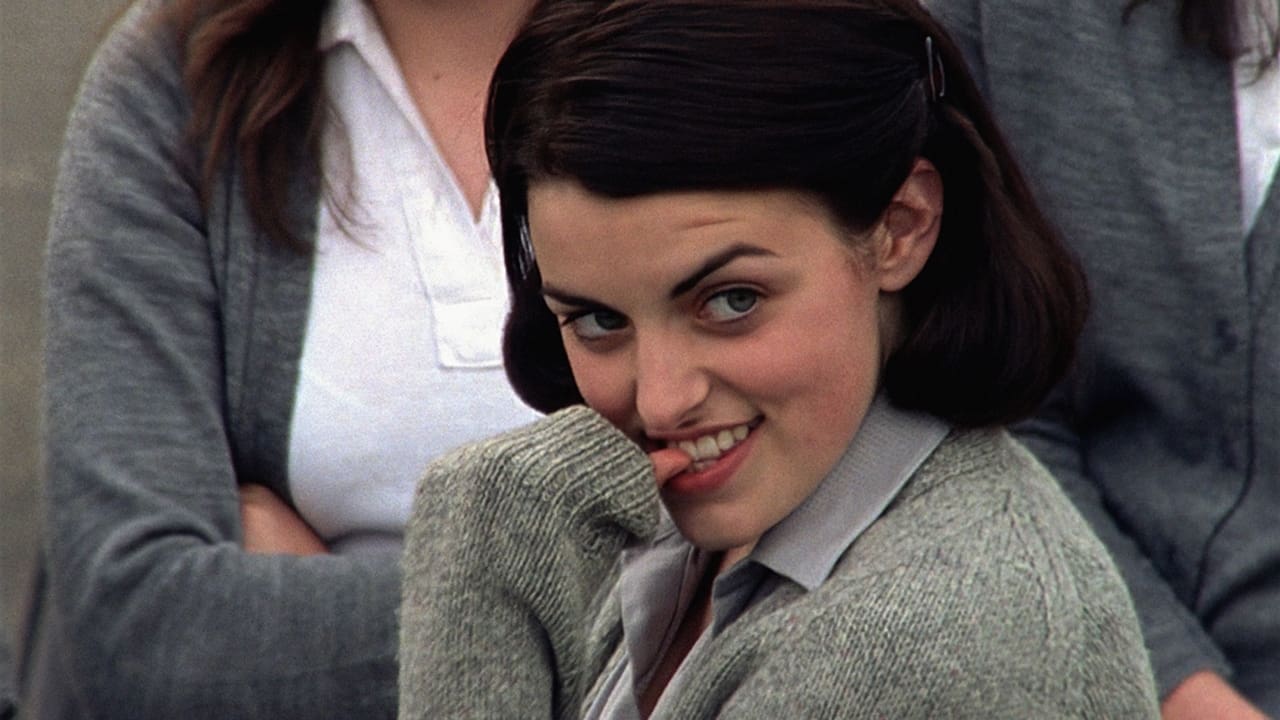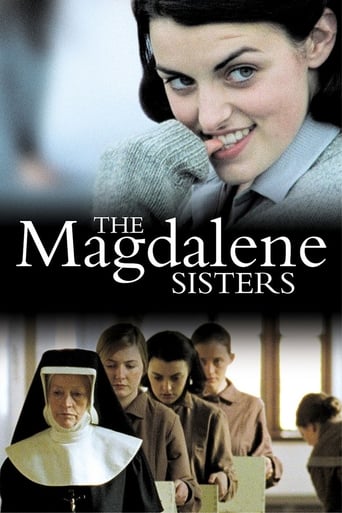

terrible... so disappointed.
... View MoreAdmirable film.
... View MoreA movie that not only functions as a solid scarefest but a razor-sharp satire.
... View MoreOne of the best movies of the year! Incredible from the beginning to the end.
... View MoreThis movie is not the creation of a creative screenwriter. The events actually happened to real girls sent to The Magdalene laundries in Ireland. The film is extremely well done. All of the actors and actresses were perfectly cast for their roles. The directing and cinematography were on point. I do not have a single complaint as a viewer from watching this film. There is some nudity in this movie. It is justified in the shower scene to show what psychological torture the teen girls went through at the hands of so-called nuns. A girl's pubic area is shown and breasts are shown too. This is not done in a pornographic way. These girls are shown to be victims of circumstance. I thought this scene was powerful because it showed how the naked women were helpless and innocent but the nuns in heavy clothes were cruel and devious. The best part of the movie is the escape scene. I would recommend this film.
... View MoreWhat is the difference between the parents of the girls in the asylum and the nuns who ran it? Absolutely nothing; they were both guilty of unspeakable crimes against these girls.What is the difference between the nuns and Southerners? Absolutely nothing; they both used people as slaves.The nuns silence as a weapon to keep the women from getting to know each other. One woman (Mary Murray) who ran away is brought back by her father (Peter Mullan), who beats her up in front of the women in the dormitory. Her hair is then cut off by Sister Bridget (Geraldine McEwan) in an attempt to further degrade her. In another instance, the three new arrivals along with others are forced to stand naked in front of a nun who ridicules their body parts. Crispina (Eileen Walsh) is sexually abused by a priest.The Catholic Church has never apologized for the horrendous and inhumane treatment of over 10,000 girls that were imprisoned in these asylums over a period of 70 years, ending as recently as 1996. To this day, various Christian, Jewish and Islamic fundamentalists continue to subjugate women on account of their fear and hatred of female sexuality and freedom.
... View MoreI agree with the previous reviewer that said if you can't handle a "mind- blank" then don't watch this. All of the character stories hit on every "biggest fear" you could have. All of the stories are HEARTBREAKING. Having been brought up Catholic this is, by far and away, the most disturbing and heartbreaking film I have EVER seen. I literally cried all the way through it. I don't care how many shiny new Popes this church comes up with,this (and the other abuse of it's members/member's children) STILL HAPPENED. This is a very, very well made movie; however, it is NOT easy to watch and will stick with you a LONG time.
... View MoreKudos to Peter Mullan for his sincere attempt to tell the harrowing story of the horror that fell upon four girls place under the care of the Magdalene sisters. Mullan proves to be a competent director as he convincingly tells the story of four girls who were victims of physical and sexual abuse, assisted and committed by the so-called sisters. He is a very focused filmmaker because he never derails from the main story. The sets are simplistic but quite effective. The convent has gives a feel of coldness and a suffocating claustrophobia. Mullan draws fine performances from his main cast. Geraldine McEwan is hateful and frightening as the headnun. The four leads, Anne-Marie Duff, Dorothy Duffy, Nora-Jane No one and especially Eileen Walsh perform naturally. Many films are being sold using the tag 'Based on True Events'. Yet, that itself does not guarantee a great film. Fortunately this is not the case with 'The Magdalene Sisters' which truly is a relevant film. Let's wait and see what Mullan tries next when he assumes his seat on the director's chair.
... View More